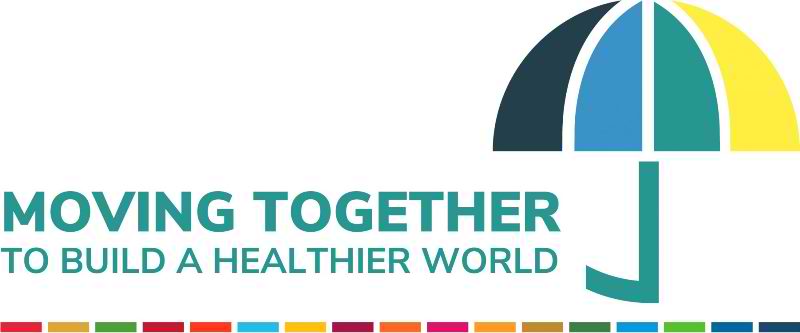The wake of the COVID-19 pandemic exposed the vulnerability in the healthcare systems not only in Africa but all around the world. More importantly, the virus brought to light the systemic inequality in accessing quality health care globally. This is seen mainly by the fact that the pandemic disproportionately affected marginalized and vulnerable populations. In many countries, individuals with low incomes, those who are uninsured, and members of certain racial and ethnic groups have been more likely to contract the virus and suffer severe health outcomes as a result. Those who suffered most are those that were not able to acquire affordable and accessible medical.
In Kenya, the pandemic, among other social issues, has brought forth the urgency of universal health care. Universal health care is a system in which all individuals have access to the health services they need without facing financial hardship as a result. In such a system, health care is provided by the government or other public entities, and is funded through a combination of taxes, social insurance, or other means. Many countries around the world have implemented universal healthcare systems with varying degrees of success. Some examples include the National Health Service in the United Kingdom, the Medicare program in Australia, and the Canadian Health Act in Canada.
This year’s YouTH Voices Summit hosted by Ryculture Health and Social Innovation under the theme: Activating Youthful Leadership towards the Realization of Universal Healthcare Coverage (UHC) delved into how young people can contribute to UHC. This article will discuss some of the benefits of universal care and the role of youth in realizing this goal, as discussed in the summit. As mentioned earlier, universal health care ensures that all individuals have access to quality health care, regardless of their income or social status. This is especially important for vulnerable populations, such as low-income individuals, the elderly, and people with chronic illnesses, who may not be able to afford health care on their own. In many African countries, there are significant disparities in access to health care, with low-income and marginalized communities often having limited or no access to essential services. Universal health care can help to address these disparities by providing everyone with access to the care they need.
Another benefit of universal health care in Kenya is that it can improve the overall health of the population. By providing access to preventive care, such as vaccinations and screening tests, universal health care can help to prevent the spread of diseases and reduce the overall burden of illness in the population. This can lead to a healthier population, with fewer people suffering from preventable conditions and a lower overall mortality rate. Furthermore, universal health care can have economic benefits for Kenyans. By providing access to health care services, universal health care can help to reduce absenteeism from work and school, allowing people to be more productive and contribute to the economy.
Overall, universal health care has the potential to provide numerous benefits to Kenyans, including improved access to care, improved health outcomes, and economic benefits. By providing universal coverage, Kenyan leaders can help to ensure that everyone has access to the care they need, regardless of their ability to pay. Universal health care is not without its challenges, however. Implementing such a system can be complex and costly, and may require significant reforms to existing healthcare systems. In
addition, universal health care may also lead to increased demand for health care services, which can put a strain on existing resources. This is why universal health care should be a fete for everyone in the community and especially the youth.
Youth leadership is a vital component in the push for universal health coverage. As the future leaders of our society, young people should have a vested interest in ensuring that all individuals have access to quality health care. The youth are uniquely positioned to drive change and mobilize others to take action on this important issue. They are often seen as more open-minded and willing to challenge the status quo, which makes them well-suited to advocate for universal health coverage and push for the necessary reforms.
Universal health coverage is a vital goal that will benefit individuals and societies as a whole. The youth are well-positioned to lead the charge towards this goal, thanks to their passion, energy, and willingness to challenge the status quo. By getting involved and taking action, the youth can play a crucial role in achieving universal health coverage and creating a healthier and more prosperous future for all.
That being said, achieving universal health coverage is not a task that can be accomplished by the youth alone. It requires the collective effort of governments, healthcare providers, and other stakeholders. However, the youth can play a crucial role in advocating for universal health coverage and pushing for the necessary reforms. Some ways that the youth can get involved and take action include securing legislative seats to promote reforms, enrolling in healthcare programs, joining advocacy organizations and campaigns, using their social media platforms to raise awareness about the importance of universal health coverage, and engaging with their elected representatives to push for change.
Article written by Migel Mugambi, African Leadership Academy (ALA) Alumni and YouTH Voices Summit Intern

